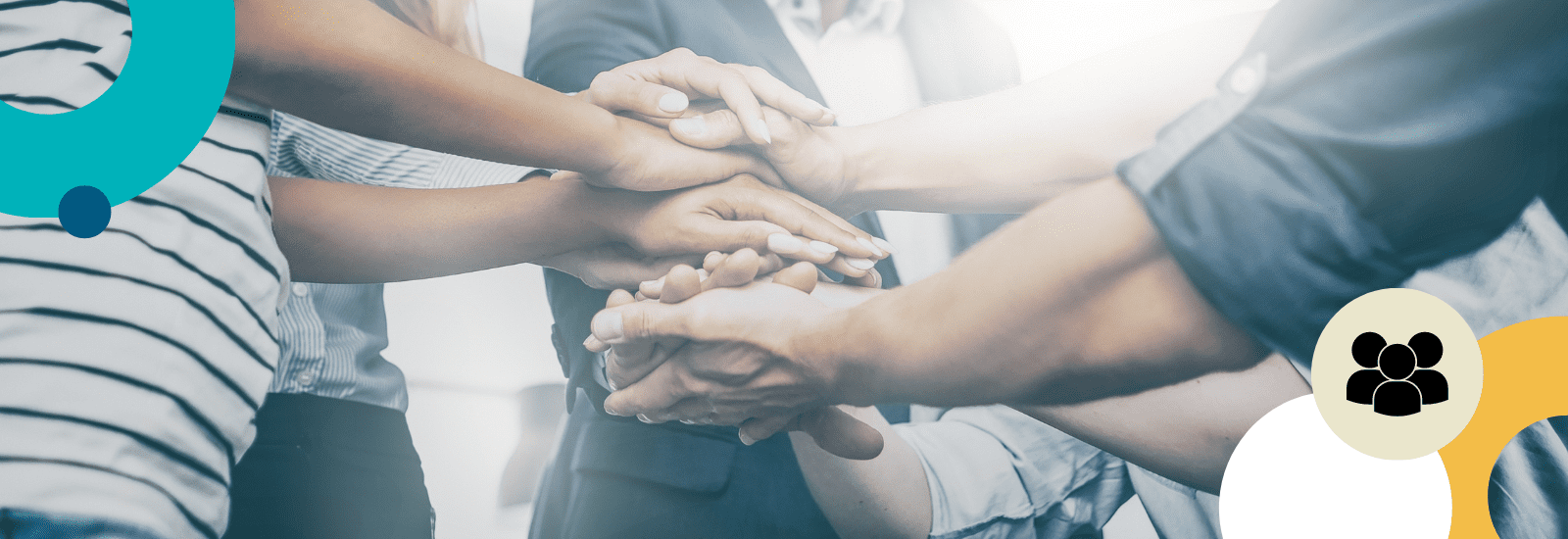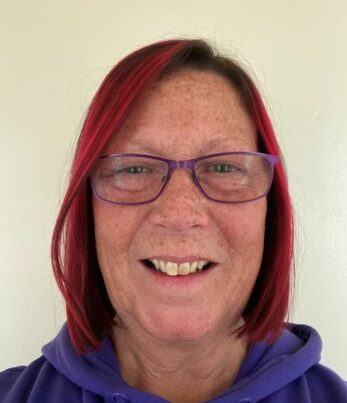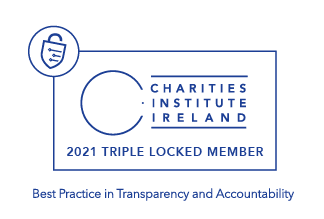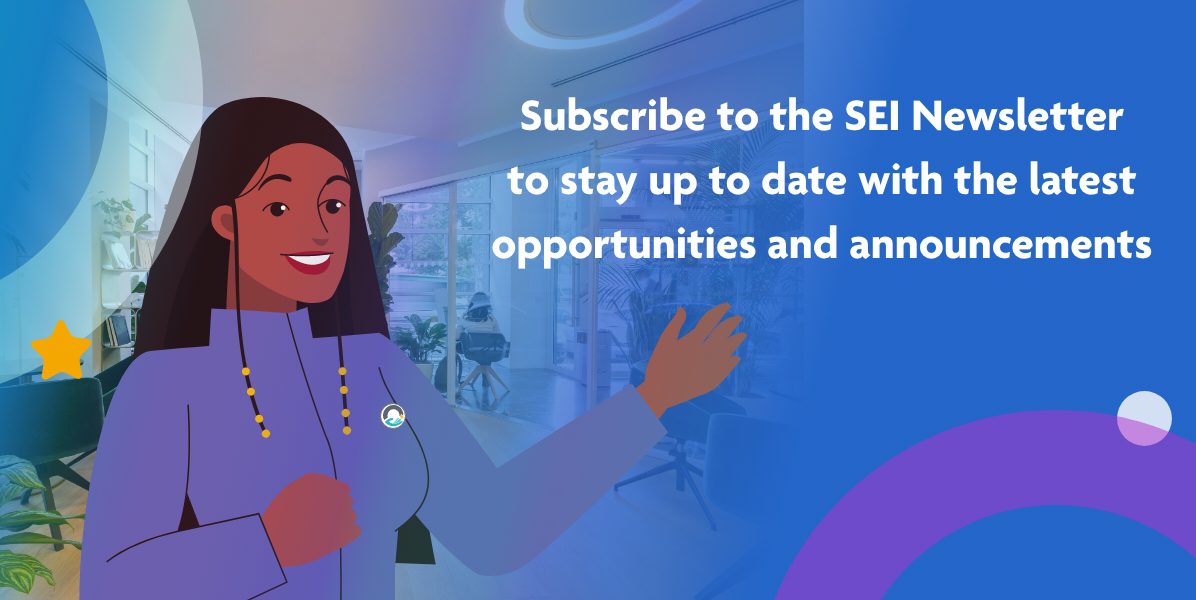Over the past 18 years, Social Entrepreneurs Ireland has identified and supported more than 500 social entrepreneurs across the country who are championing and driving solutions in areas such as mental health, homelessness, the environment, education, and unemployment.
But what is a social entrepreneur? And why is social entrepreneurship important? We’ve put together a list of definitions to answer those questions, have a read below!
What is a social entrepreneur?
Social entrepreneurs are society’s problem solvers. They are people who see a problem in their society, develop a solution and take action. These ideas look beyond the horizon of the current way of doing things and point to a brighter future.
Social entrepreneurs typically have a unique insight into the problem. They can see things that nobody else sees, and they are willing / able to do things that nobody else can / will do.
Social entrepreneurs are people with courage, insight and ambition to put forward a solution to a social problem, and act on it.
What is a social enterprise?
A social enterprise is a business that works primarily to improve the lives of people. The business of social enterprise is social good.
What makes social enterprises unique?
A social enterprise is an organisation that operates to meet a social need. Social enterprises generate profits that are reinvested, rather than distributed among shareholders, as in the case of most businesses.
Social enterprises operate in all areas of Ireland’s social and economic life, trading in goods and services, and re-investing any profit into delivering their mission in communities.
What benefits do social entrepreneur-led organisations bring?
Social entrepreneur led organizations create jobs and sustain communities all over Ireland. They are professionally run organisations, willing and able to deliver on a range of social and economic requirements.
They are entrepreneurial, innovative and impactful. They improve the lives of people and are established to address significant societal challenges.
Many social entrepreneurs work with the government, corporate and philanthropic foundations to maximize the delivery of services, across sectors such as health, wellbeing and social services.
Why should you find out more about social entrepreneurship?
Social entrepreneurship is a growing and dynamic part of Irish social and economic life. There is space for new ideas and further engagement with all those with an interest in utilising this model to respond to many of our challenges and to human needs.
The government has published a National Policy on social enterprise to assist in harnessing its full potential. An awareness campaign has been launched to raise public awareness of its role, significance and potential.
Are you Interested in becoming a social entrepreneur? Download our SPARK Toolkit!
Drawing on our 18 years of experience of walking the journey with social entrepreneurs, the team created the SEI Spark toolkit! This toolkit will offer practical advice and support to anyone, from any background, with an idea or passion to solve a social problem to enable them to spark positive change.
The team at Social Entrepreneurs Ireland has been working to bring our website up to date, adding our 500 alumni and sharing their case studies! View the case studies below of just a selection of the social entrepreneurs that SEI has worked with. For ease of use, you can filter by county, region, sector or programme.
This blog post is a part of a larger project for the Awareness Raising Initiatives for Social Enterprises (ARISE). This project was approved by Government with support from the Dormant Accounts Fund.
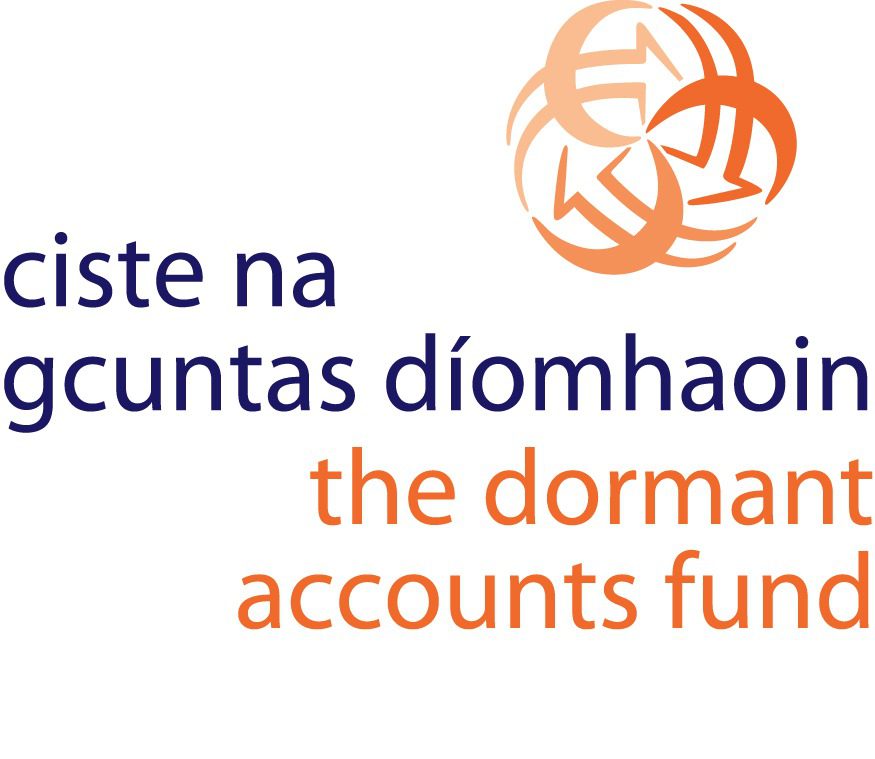
Recent Posts
Check out more news from Social Entrepreneurs Ireland


